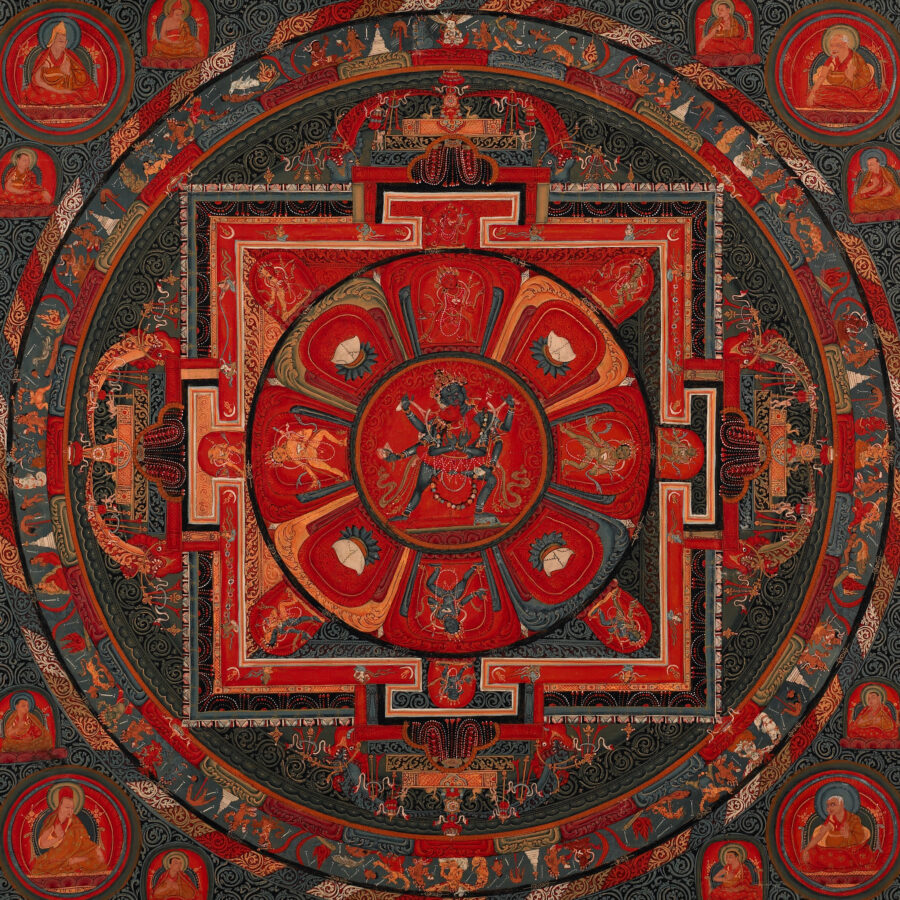Life is difficult. No question. Even in ordinary lives in a time of no war, we act like Navy Seals, plotting and mentally rehearsing what needs to be done, telling ourselves we have the skill and enough time. And then something unexpected happens. Our boss adds one more assignment to a long list, someone criticizes us, a sleek car sharks around our car and takes “our” spot. Anger flares. People usually don’t get as upset by natural disasters as by mishaps caused by people. But people can resent illnesses and take the weather personally. And machines are another category. People can hate computers. It’s the strangest thing.
The moment before anger ignites, we can feel as if we are masters of life, sleek and nimble ninjas, so in control that we can afford to be relaxed and open. We feel that life is good and that we are also good. We feel the fresh air on our skin and hear the birds sing. Then the unexpected happens and all that openness and goodness goes up in flames. There is a feeling of contraction, of shuttering the windows and bolting the doors against a world that instantly turns dark and cold.
Taking Good Care of Anger
Our emotional responses are tied to survival instincts. Anger fuels and flows from a deep need to defend ourselves, to fight for a need or a demand that has gone unmet. The most useful tip I ever heard about being angry comes from the Zen master Thich Nhat Hanh. He taught his students to take good care of their anger, holding it the way you would hold a suffering child. This does not mean acting out or siding with your anger. It means embracing it with compassionate awareness and seeing what there is to see.
We see that under anger there is always fear. And fear has a powerful undertow. It can pull us back to our earliest memories. It can pull us down into a primal fear of being abandoned or destroyed or dying. As we learn to practice observation without judgment, we may discover that it isn’t just physical death we fear. We see that our anger blazes up to defend us against being exposed. It is a way of puffing ourselves up so that we seem big and powerful and Wizard-of-Oz-like so that life won’t tear back the curtain and reveal that we are really vulnerable beings.
Find the Deeper Mind
Here is another secret: under the mind that is freaking out, there is another mind, a still and responsive mind. We find this deeper mind as we calm down and let go. And here is another secret: letting go can feel like garden variety giving up. We let the anger be. We let everything be. Meditation has been called “death in life.” We give up our anger, our battle stance, and die into a greater life.
We don’t have to be in a monastery or on a mountaintop to experience this dying. Ordinary life offers us many opportunities because life really is difficult and full of injustice. But sometimes fighting gets so painful and exhausting that we may decide to turn and seek the shelter of our own attention. At least for a moment or two, we die into the state Buddhists call non-self or emptiness. This turns out to be a state of great peace and simplicity. We slip under the electrified fence of the ego and find freedom. Life is still difficult and unjust but it is also good. We feel the air and hear the birds again. We give up our separation and welcome ourselves home.

